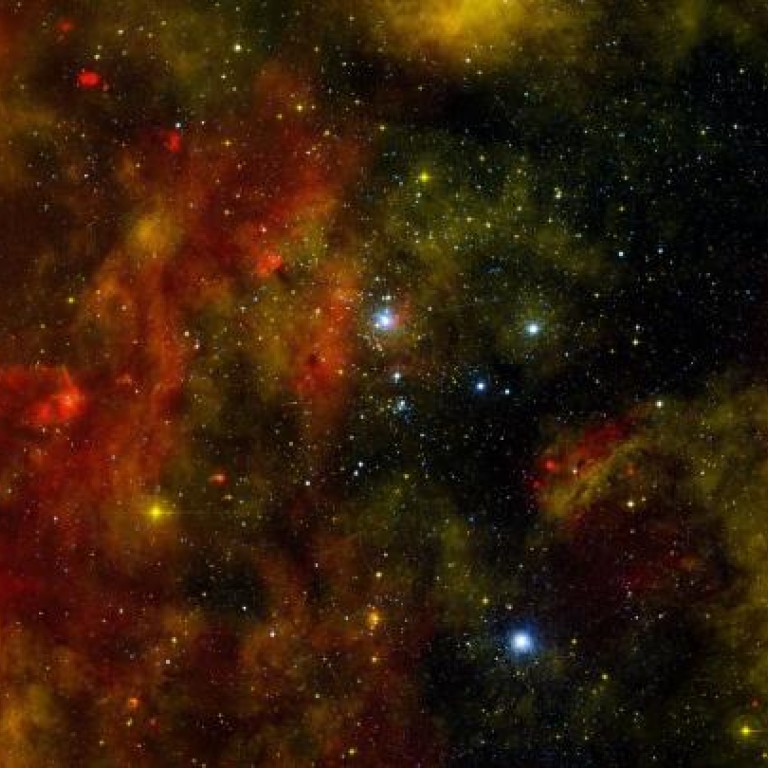
Science shows us how ordinary we, and the earth, are
Gwynne Dyer looks at how science increasingly gives us a measure of our true insignificance
In this interval between the struggle to choose the next president of the US and the next leader of China, a delicious moment of sheer silliness: the BBC has banned a science programme because it might trigger an interstellar invasion.
They would not normally ban a programme made by Brian Cox; a particle physicist with rock-star appeal. But they just stopped him making the episode of in which he planned to send a message to aliens.
Cox wanted to point a radio telescope at a recently discovered planet circling another star, in the hope of making contact with an alien civilisation. BBC executives said that, since no one knew what might happen, it could breach "health and safety" guidelines.
Cox knew exactly what would happen: nothing. Even if there are hostile aliens out there, space is so vast that light from the nearest star, travelling at 300,000 kilometres per second, takes four years to reach us. He was just doing his bit in the centuries-old scientific quest to convince people that they were not at the centre of everything.
The BBC "suits", who do think that they are at the centre of everything, weren't having any of that. If there are aliens out there, and they find out we are here, their first reaction will probably be to come here and eat our children. And then the BBC will get blamed for it.
The suits richly deserve the derision that has come their way, but if there really is life elsewhere, and even perhaps intelligent life, then we aren't at the centre of anything any more.
We once believed the whole universe literally revolved around us. Then came Copernicus. But we went on believing that we are very special. One bit a time, however, science has been destroying all of our traditional ideas about our own centrality. And here comes another blow.
We now know of some 800 "exoplanets", and the number is doubling every year or so. Most are gas giants that are nothing like earth. But astronomers at the European Southern Observatory in Chile have now found a planet like our own. It is called HD 40307g, and it orbits a small orange-coloured sun 42 light-years from earth. The planet is rocky, like the earth, and it orbits its star at a distance where the temperature allows water to exist as a liquid. It is certainly a candidate for life.
There are between 200 billion and 400 billion stars in the Milky Way, our galaxy, and probably at least as many planets. If only one in a hundred of those planets harbours life, then there are two billion living planets. We are not unique and special. We are as common as dirt.
We are gradually acquiring a sense of proportion, and it doesn't really hurt. It is possible to be aware of your own cosmic insignificance and still love your children. Even though they are without significance, too.

